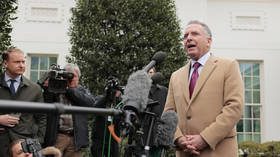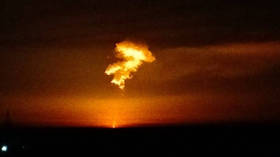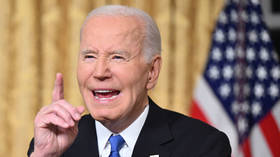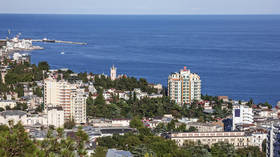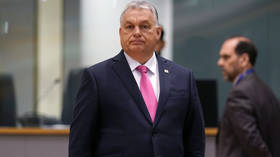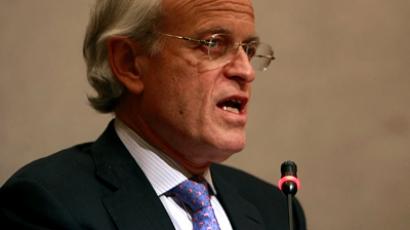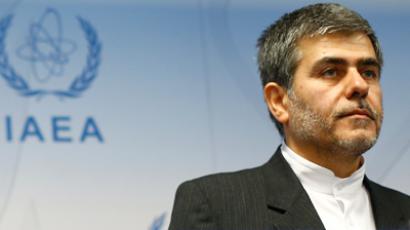Iranian politician: IAEA shared Tehran’s nuclear secrets with Israel
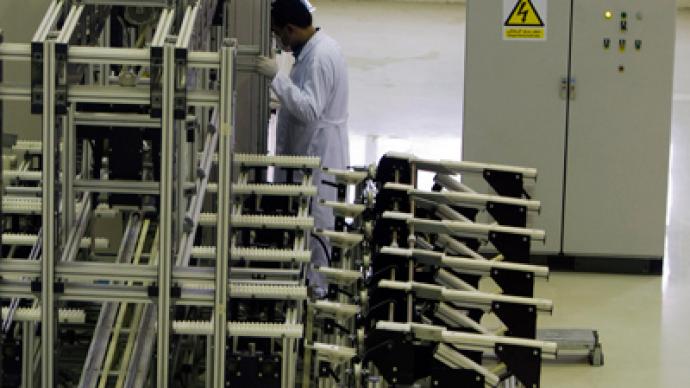
An Iranian lawmaker has accused the head of the International Atomic Energy Agency (IAEA) of disclosing “too much” about Tehran’s nuclear activities to Israel. It’s the latest move in the tense relationship between Iran and the UN nuclear watchdog.
Javad Jahangirzadeh, a member of parliament’s presiding board, said IAEA chief Yukiya Amano would be to blame if Tehran decides to reduce its ties with the UN watchdog.
"Amano's repeated trips to Tel Aviv and asking the Israeli officials' views about Iran's nuclear activities indicates that Iran's nuclear information has been disclosed to the Zionist regime [Israel] and other enemies of the Islamic Republic," Jahangirzadeh told Press TV.
Despite Jahangirzadeh’s statement, Iran’s parliament has no part in deciding whether or not Tehran will actually cut ties with the IAEA. That decision will be left to the country’s top officials.
The IAEA has not responded to the claim – which is the second accusation to be thrown its way in just a week.
Last week, Iranian nuclear energy chief Fereydoun Abbasi-Davani said “terrorists” might have accessed the Vienna-based agency. He said the IAEA included too much sensitive information about Iran’s nuclear program in its reports – insisting such information could be used by saboteurs.
Iran has also accused the IAEA of sending spies disguised as inspectors to collect information about its nuclear activities, referencing alleged leaks of information by inspectors to the US and other officials.
Abbasi-Davani’s accusation was ignored by Western diplomats, who accused him of trying to attract attention away from the IAEA’s attempt to gain access to an Iranian nuclear site which it suspects is being used for nuclear weapons research.
The US, Israel, and some of their allies maintain that Tehran is using its nuclear facilities to develop atomic weapons – a claim that Iran vehemently denies.
Iran says its nuclear program is for purely civilian purposes, and that it is entitled to develop and acquire nuclear technology for peaceful reasons, since it is a signatory to the nuclear Non-Proliferation Treaty and a member of the IAEA.
But whether Iran will continue to be part of the Non-Proliferation Treaty seems to lie on whether an attack from Israel is imminent.
"In case of an attack, Iran's obligations will change. My assessment is that Iran may leave the NPT," Commander of Iran's Islamic Revolution Guards Corps (IRGC), Major General Mohammad Ali Jafari, told Mehr news agency.
The IAEA has conducted numerous inspections of Iran’s nuclear facilities, but has never found any evidence that Tehran is developing nuclear weapons.



